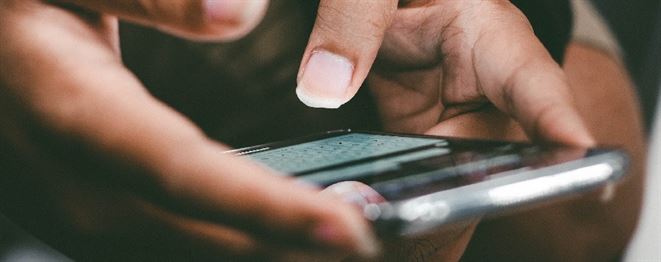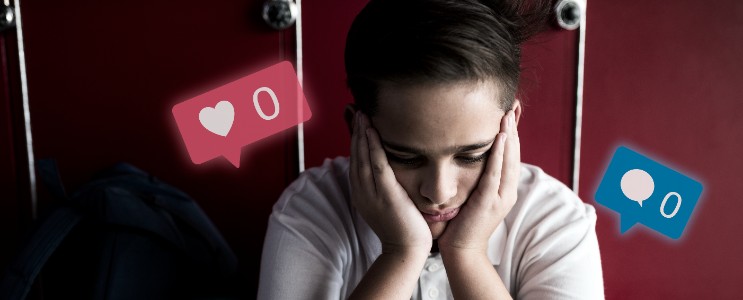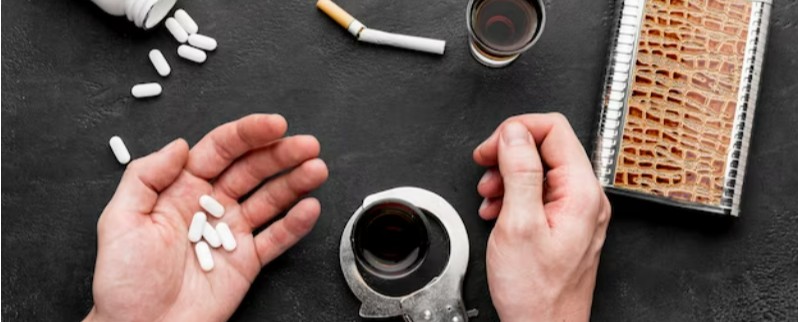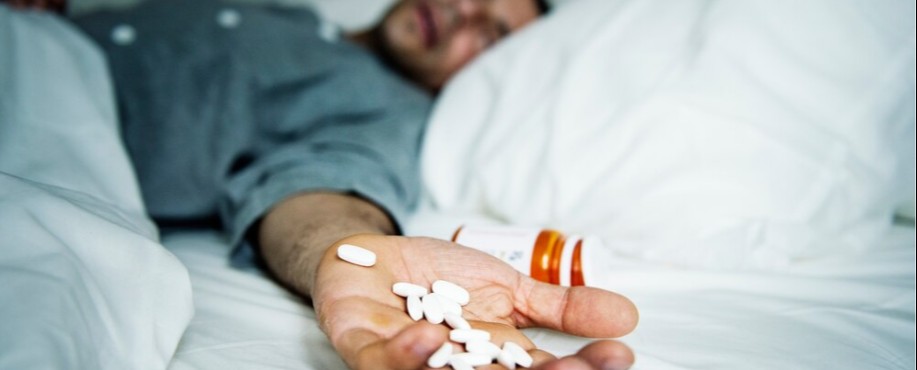
The Beginner's Guide to Understanding Internet Addiction

The internet is an incredibly useful tool for making our lives easier. Unfortunately, when people become dependent on the internet to experience pleasure, it can wreak havoc on their mental health and wellbeing. This condition is called Internet addiction disorder (IAD). Some experts believe that IAD may be related to underlying mental health disorders like depression or obsessive-compulsive disorder, while others say that it's a stand-alone issue. **The good news is** that you don't have to suffer in silence if you think you have IAD. There are several ways to cope with this problem and return to an optimal state of physical and emotional well being.
What is internet addiction?
Internet addiction is a form of behavioural addiction. It occurs when an individual is unable to control his or her internet usage. The problematic use of the Internet can be classified as an impulse control disorder, as well as a behavioural addiction. This means that it shares some similar characteristics with other addictions such as gambling and substance abuse disorders.
Internet addiction has not yet been officially recognized by the American Psychiatric Association's Diagnostic and Statistical Manual of Mental Disorders (DSM-5), but several researchers have proposed new diagnostic criteria for the condition in recent years, including Drs. Hilarie Cash and Elias Aboujaoude at Stanford University School of Medicine; Drs. Junghyup Suh at Seoul National University College of Medicine; Drs. Young Ran Kim at Ajou University School of Medicine; and Drs. Jin Nakano at Jikei University School of Medicine
What triggers internet addiction?
The Internet offers a variety of reasons to become addicted. It can be any one of the following:
- Lack of sleep, which causes fatigue and lack of energy
- Lack of self-care such as exercise and proper diet, which leads to feeling sluggish and depressed
- Lack of social interaction with friends or family that may result in feelings isolation, loneliness or depression
- Lack of mental stimulation such as reading books or playing board games that may cause boredom and irritability
For some people who are experiencing these problems, the Internet becomes a tool for escapism—a way to distract ourselves from reality. But once we're hooked on this escape mechanism (the Internet), we need more and more time online just so we don't feel depressed or bored by not being connected anymore!
What are the signs of internet addiction?
- The individual feels a loss of control over their use of the internet and spends excessive time online.
- The individual uses the internet as an escape from problems or negative emotions.
- Internet use negatively affects other areas of life, such as work and school, relationships, and physical health.
How does one overcome internet addiction?
If you're ready to get rid of your Internet addiction, and you've decided that it's a problem worth fixing, the first thing you need is a plan.
The first step in overcoming any addiction is deciding whether or not it's something that needs to be overcome at all. Do you feel like your Internet use is taking over your life? Are there other things in your life that suffer because of how much time you spend online? Chances are these questions will lead to an answer for you: yes, this is something worth quitting.
Once this has been decided upon and acknowledged by yourself, the next step is forming a plan for quitting and sticking with it. Try writing down all of the reasons why it's important for you to quit using the internet so much; this can help motivate and remind yourself why quitting matters when times get tough (and trust me—they will). Then write down some long-term goals for yourself—what do we want our lives to look like if we manage to overcome our addiction? What does success look like?
Now comes time for creating a strategy for maintaining our new lifestyle once we've made changes; this includes setting healthy limits around how much time each day can be spent on social media sites (like 10 minutes), as well as identifying ways of dealing with cravings when they strike (for example: walk away from any devices where possible). Lastly but certainly not leastly comes scheduling regular check-ins with friends/family members who support us through recovery so that accountability can keep us accountable!
It may seem daunting at first glance but don't worry: once these steps have been completed successfully they won't seem quite so intimidating anymore!
How do you treat internet addiction?
While there is no one cure-all for Internet addiction, there are several methods that you can use to treat it. Treating the addiction itself involves changing your behaviour and making new, healthier habits. Treating the underlying cause of your Internet addiction is a bit more complicated, but often helps in treating symptoms as well.
If you're addicted to the Internet and want to break free from its hold on your life, here are some ways to go about doing so:
- Change your behaviour by setting time limits on when and where you use technology--and stick with them! Make sure all devices are turned off after these set times so that they don't interfere with sleep or other activities that need complete focus.
- Make new habits such as taking walks outside every day after dinner/school/work instead of sitting at home playing games online all night long! Try not thinking about getting caught up in distractions like Facebook posts from friends who aren't even around anymore anyway (not being mean!). Instead think about how nice it will be when they come back someday soon because then maybe we'll get over this whole "weird" phase between us both since middle school ended--but only if they haven't changed too much since then which would mean maybe I should start using social media again? Too confusing! Forget everything else, just don't forget yourself!!
There are no physical symptoms of internet addiction. There are no blood tests to determine if you're addicted to the Internet or not. In fact, there isn't even an official diagnosis for it in the DSM (Diagnostic and Statistical Manual of Mental Disorders). If you go in to see your doctor with symptoms that sound like those of chronic Internet usage (including having trouble concentrating on other tasks), there is no way for them to give you any kind of diagnosis or treatment plan based on their own knowledge—and they won't know much anyway because there hasn't been enough research done yet!
Conclusion
This post will probably trigger some readers and I know that can be uncomfortable, but please don't let it stop you from reading this. It's important to know the facts about Internet addiction so we can better understand how to prevent and treat it.
Articles
Build your awareness and get inspired with our researched articles on how you can strengthen your well-being
Popular Topics
An OTP has been sent to the email address
provided.
Please check your Inbox and Spam folders.

What Would You Like to Speak with a Specialist About?
Mental Fitness Journey starts Now!
Chearful Connects you with Top-tier Qualified Wellness specialists for the Price of a cup of Coffee!

Next Steps
- A Client Team member will reach out to you to schedule a session with the most suitable specialist.
- You will receive an email with a 10% Discount Code* for your 1st session.
- We invite you to Explore the Platform & Sign Up today! *Upto a maximum of $10 discount on a session purchased




 2984 Read
2984 Read

.jpg)









